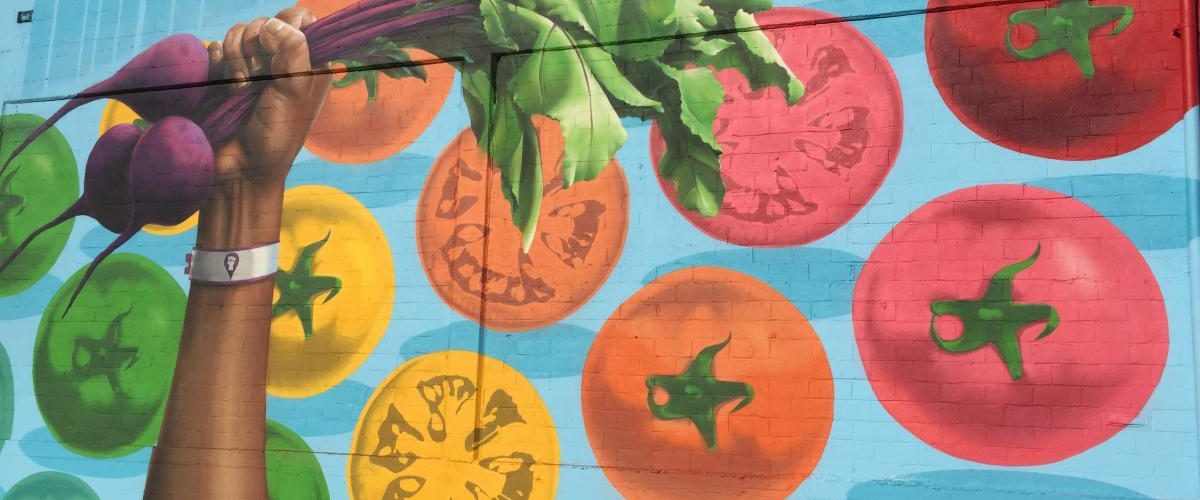Research
My current research explores issues related to diversity, equity, and inclusion in healthcare professions (particularly Dietetics), as well as the role gender may play in creating the many challenges often associated with female-dominate healthcare professions. Below are the current research projects I am in engaged in:
- (Preparation) Race, Gender, and Sexuality Traitors: The Role of Backlash From Ingroup Members Against Individuals Who Professionally Research, Speak, and Write About Social Justice Informed by the work of Rudman (1998) who describes social and economic penalties against individuals who behave behave counter stereotypically, and disconfirm stereotypes about their group.
- (Under Review) The Role of Distress Tolerance, Emotional Regulation, and White Fragility in Engagement in Antiracist Actions With the recent publication and validation of a “White Fragility” scale, we will investigate how white fragility, emotional regulation and distress tolerance mediate and/or moderate engagement in anti-racist actions by individuals racialized as white. Outcomes from this study may help educators to better design diversity, equity, and inclusion trainings to ensure white participants better engage in self-reflection required for anti-racist work.
- (Completed & Published, March 2024)) Queering Health Sciences Education This project is using Queer Methodology to better understand how “queering” health sciences classrooms impacts both students and the queer faculty who engage in queering their classrooms. Queer identified faculty are engaging in ongoing reflexivity and journaling their experiences throughout AY 2022-2023. These reflexive journals will be qualitatively analyzed. Students in classes taught by queer identified faculty will be surveyed at the end of both the fall and spring semesters and provide information regarding their thoughts, emotions and behaviors experienced as students in queered health science classrooms.
- (Completed, May 2023)Community fridges as an intervention to reduce food insecurity: Who uses them and what do they contain? This project was designed and implemented by a Kilachand Honors College student at BU. The work explores the role of community fridges as a public health intervention to combat food insecurity. Descriptive demographic data of fridge users, food insecurity scores, and the availability of foods at community fridges will be presented to inform similar interventions designed to reduce the burden of food insecurity.
- (Completed & Published, October 2022) Dress Codes for Dietetics Programs: A Discourse Analysis Dress codes can be understood as a set of rules or expectations regarding what employees can and cannot wear to work. Dietetics is a profession that by convention includes dress codes instituted across a variety of settings. Recently, particularly in school settings, dress codes have been criticized as being sexist, racist, classist, homophobic, disciplining, marginalizing, misogynistic, discriminatory, hegemonic and suppressive. These negative consequences of dress codes most often befall individuals who identify as female, gender non-binary and/or Black, Indigenous, person of color (BIPOC). Since its inception in 1917, dietetics has been a profession comprised almost entirely of white, middle to upper-middle class, cisgender, and heterosexual women. Given that the demographic of individuals participating in accredited dietetics programs in 2019 continue to overwhelming identify as female (87%) and white (65%), it is reasonable to assume that dress codes in dietetics may be problematic.Discourse analysis is the study of social life, through analysis of language in its widest sense (including face-to-face talk, non-verbal interaction, images, symbols and documents). For this study, we will be conducting a discourse analysis of dress codes currently in place in accredited dietetics programs (both academic and supervised practice). Our purpose is to understand how dress codes in the context of dietetics, positioned within society at large, may impact and influence individuals within accredited programs and therefore dietetics profession. Our analyses will be grounded in feminist social constructionism and informed by Foucault’s concept of “governmentality”.
- (Completed & Published, 2022) Experiences of LGBTQ students, interns, and practitioners of dietetics Since its inception the profession of dietetics has been comprised almost exclusively of cis-gender, heterosexual, white females. Research exploring the emotional/behavioral health of individuals who identify as Lesbian, Gay, Bi-sexual, or Transgender (LGBT) suggest higher rates of mental health issues than that in the general public. Minority Stress Theory has been proposed as an explanatory theory for this disparity. Research among healthcare professionals outside of dietetics support similar higher rates of mental health issues among LGBT-identifying students and practitioners. We do not know if LGBT-identifying dietetics students, interns and professionals are similarly affected. To date, there have been no studies exploring explicit bias toward LGBT individuals in dietetics nor have emotional/behavioral health challenges in this group been identified. To fill this gap, we are conducting research with methodology grounded in Feminist Standpoint Theory. In phase 1, we engaged “out” LGBT students, interns and professionals in dietetics in semi-structured interviews to qualitatively determine the emotional/behavioral constructs chosen for study in phase 2. In phase 2, we conducted a survey of the general population of dietetics students, interns and professionals to measure both social desirability bias and explicit bias toward LGBT individuals as well as measures of emotional/behavioral constructs identified in phase 1.
- (Completed May 2022) Boston Alliance for Diversity in Dietetics (BADD) BADD is a program designed to organize social justice-minded students, interns and professionals in dietetics in the Boston area toward achievement of the following vision and mission:Leveraging an alliance of diverse* dietetics students, interns and practitioners in and around Boston, Massachusetts, BADD will disrupt barriers to entering and remaining in the dietetics profession experienced by individuals from historically excluded groups. BADD will accomplish this by developing, promoting, and engaging in activities which increase awareness, education, and support of diversity, equity, access, and inclusion within the dietetics profession. As part of the activities undertaken by BADD, we will be conducting both process and outcomes research using defined metrics for each of BADD’s activities. To learn more about or to join BADD please visit our website.
